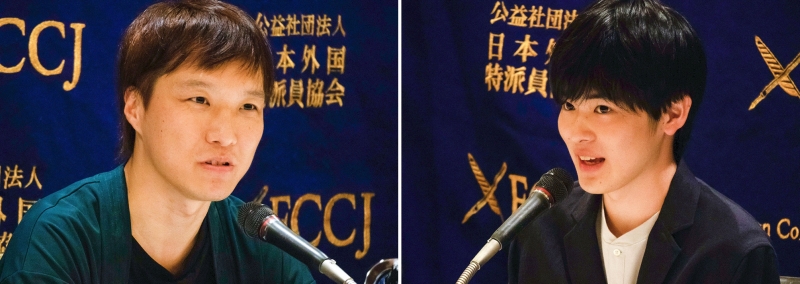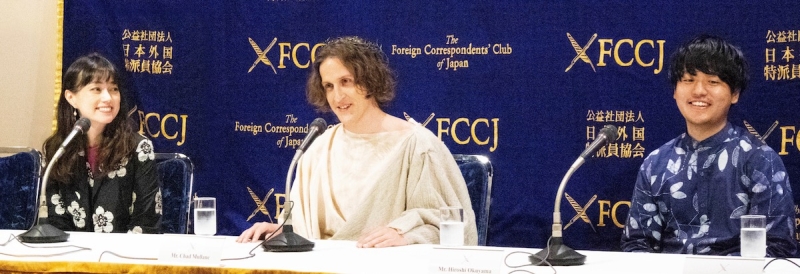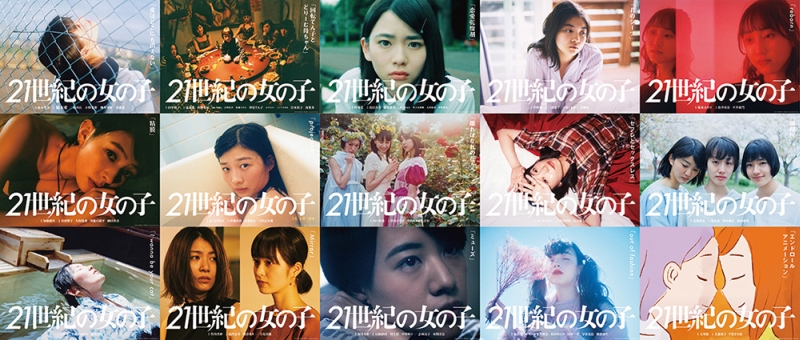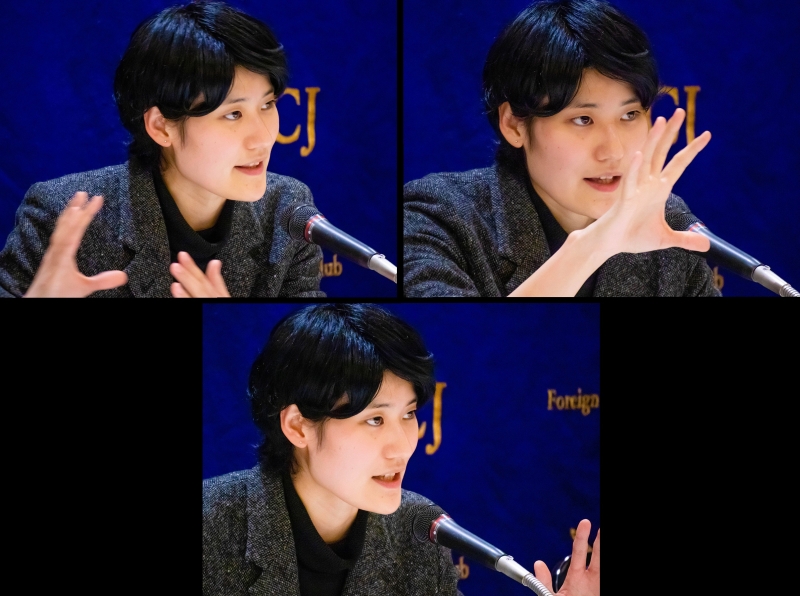THEY SAY NOTHING STAYS THE SAME
Film history is littered with forgotten titles by actors who always wanted to direct. Joe Odagiri’s visually and aurally stunning They Say Nothing Stays the Same is destined for a much kinder fate.
Appearing before a packed room at FCCJ the day after his return from the Venice Film Festival, which had hosted the world premiere, Odagiri told the crowd, “We received very warm applause, much more than I’d imagined, [which made me] very happy. But it made me feel a little uncomfortable, too, since this isn’t a film that should get such warm applause.” (He’s being humble.)

©Koichi Mori
Reminded that he’d planned to study directing in California as a young man (where he wound up in acting classes after an admissions mistake), so it had taken him quite a while to get around to his feature-directing debut, he explained, “Working as an actor, I felt I would be taking advantage of my position if I directed a film. I didn’t think other directors would take kindly to it, and I thought audiences would look at the film through the filter of ‘presenting a film by the actor Joe Odagiri.’”









